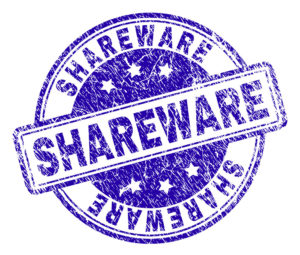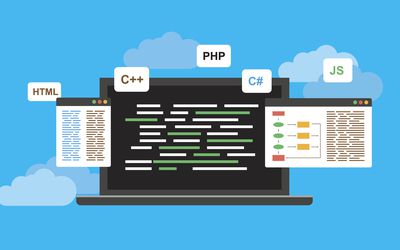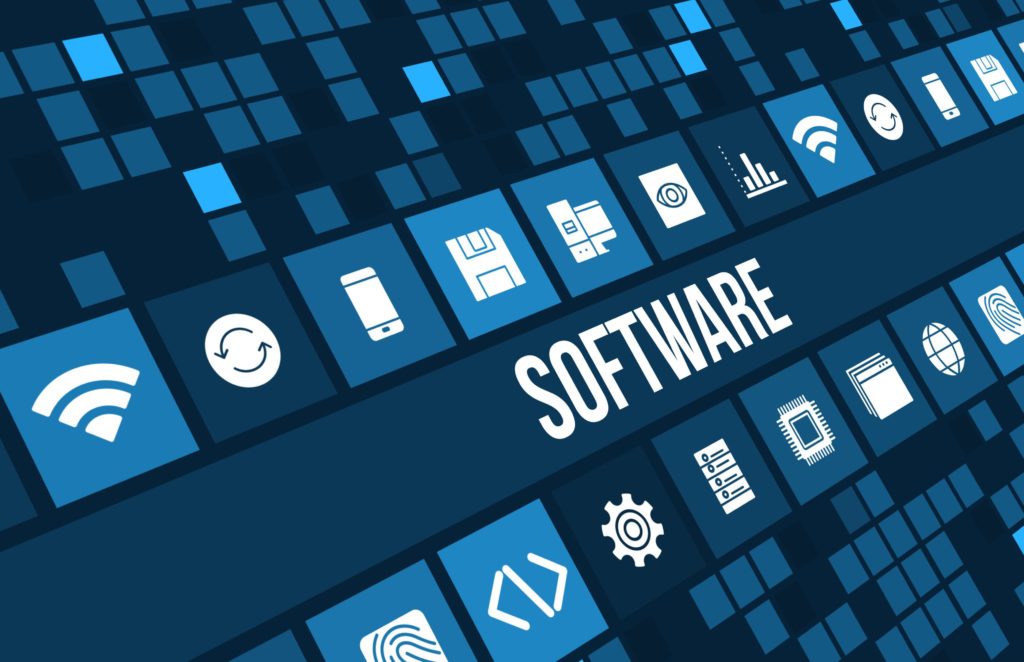Shareware is a software also known as a trial software. It is distributed freely via the internet and can be used by anyone who desires to buy it.
Variations of shareware include cripple-ware, demoware (can’t be downloaded) or expire-ware (time bound download), donationware (payment not compulsory) and adware (with advertising) among others. There are various programs with multiple functions, that can be developed and distributed as Shareware.
As a shareware developer, who wishes to spread a program that will benefit others and be commercially profitable for oneself, there are few aspects that need to be looked at.
Why Is Shareware Chosen Above Commercial Software?

Shareware is cheaper and easier to deploy. It implies a direct deal between the programmer and the user, with minimal fuss and red-tape.
Even after a shareware is bought, users prefer to seek after sales service and technical support directly from the creator rather than a random support team via complicated customer service procedures. Clients can even request for customization from the programming person/team directly.
Creating Shareware
Original Idea
 When creating a software or program for Shareware, identify a need gap that you can fill in a unique, original manner. Create the software using C/C++ developmental models in Windows, Macintosh or Linux. There are many in the market by companies such as Symantec and Microsoft.
When creating a software or program for Shareware, identify a need gap that you can fill in a unique, original manner. Create the software using C/C++ developmental models in Windows, Macintosh or Linux. There are many in the market by companies such as Symantec and Microsoft.
Thorough Testing
As you develop the program, keep testing it at every stage. Check under all platforms and various versions of operating systems. Get it double checked by beta-testers.
Support Documentation
Create precise, easy to follow documentation for your program, taking the different formats into consideration. Present it in the form of step – by – step Tutorials, ToolTips or in an FAQs format.
Payment Terms
Decide whether you wish to distribute your program in a pure Shareware format or any other variation. If it’s to be plain Shareware, based on trust, how and when do your customers pay you? If its cripple-ware, which aspect do you keep behind and which do you share? If it expire-ware, how long should the time period be? If you create adware, then you can generate remuneration opportunities via advertising. These are decisions to take at this stage.
Upload And Submit
Use Version Tracker, WinSite or Download.com for Windows and Mac Update for Macintosh.
Website
A well hosted, secure website with a dedicated domain name is vital. It adds credibility to your creations and makes it easier for potential clients to find you. Also, include an efficient payment gateway system for smooth money transactions.
Product Promotion
You can share your program with technical beat media from trade magazines for reviews. Make an announcement about its launch via a press release or a YouTube video which you can share on technical forums. You can also invest some in Google Ads.
Automate Orders
Build an order processing system that assists you as your client base increases. Ideally, it should be able to make a note, send out the license code and keep track of client orders, without any supervision. The quicker you get such processes automated, the more time you will have to create better, more efficient versions of your programs.
Example: Lil Humpers (Adult)

Lil Humpers is an adult-oriented project of Reality Kings. It debuted in the beginning of 2020 and it features the very interesting videos in young vs. old niche. It’s young dudes being extremely lucky in daily life situations where they get to have intercourse with world’s most popular MILF pornstars. You can expect big names from the industry having a sexual battle of generations. If that makes sense… Follow this link, head to the official tube website and preview all episodes!
Pay attention to customer feedback and never stop re-inventing!
We are the professional shareware developers and we understand the needs of our users. We have a structure of a complete and professional team who are busy in developing the creative shareware(s) for both the computer and mobile phone users.
